Lake County Senators release joint statement on Warren Township High School incident
- Details
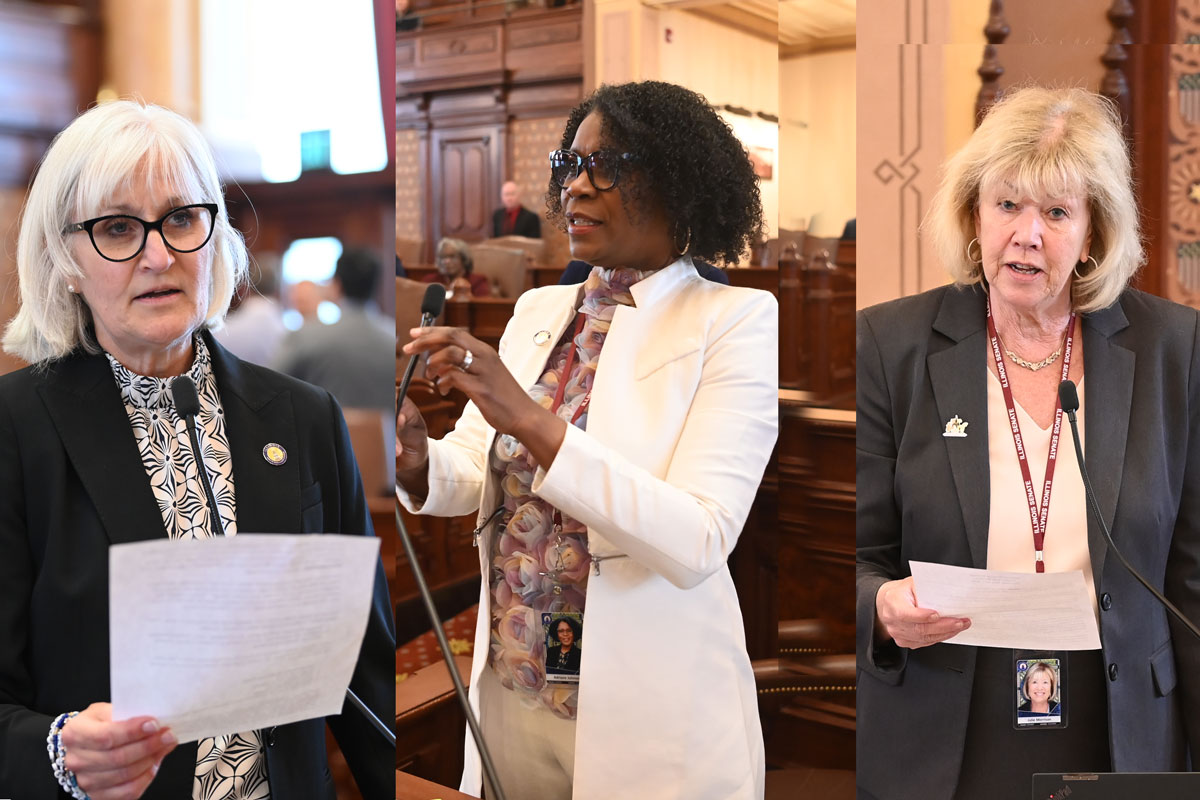 GURNEE — Lake County State Senators Mary Edly-Allen (D-Grayslake), Julie Morrison (D-Lake Forest) and Adriane Johnson (D-Buffalo Grove) released the following joint statement regarding a pursuit of individuals involving federal agents near Warren Township High School in Gurnee on Thursday:
GURNEE — Lake County State Senators Mary Edly-Allen (D-Grayslake), Julie Morrison (D-Lake Forest) and Adriane Johnson (D-Buffalo Grove) released the following joint statement regarding a pursuit of individuals involving federal agents near Warren Township High School in Gurnee on Thursday:
“Our community deserves safety, transparency and respect — not reckless behavior that endangers children and residents. Today’s event made it clear that federal agents were not taking residents’ safety into consideration, resulting in a reckless high-speed chase during a time when children were being dropped off at school.
“What is especially alarming is the way the situation was handled so close to a school. There is already anxiety and fear surrounding federal agents coming into our neighborhoods and taking our friends and neighbors with no due process, exceeding their lawful scope. No one should have to live their lives afraid of their safety and well-being.
Read more: Lake County Senators release joint statement on Warren Township High School incident
Senator Fine legislation addressing foster care liability coverage passes the Senate
- Details
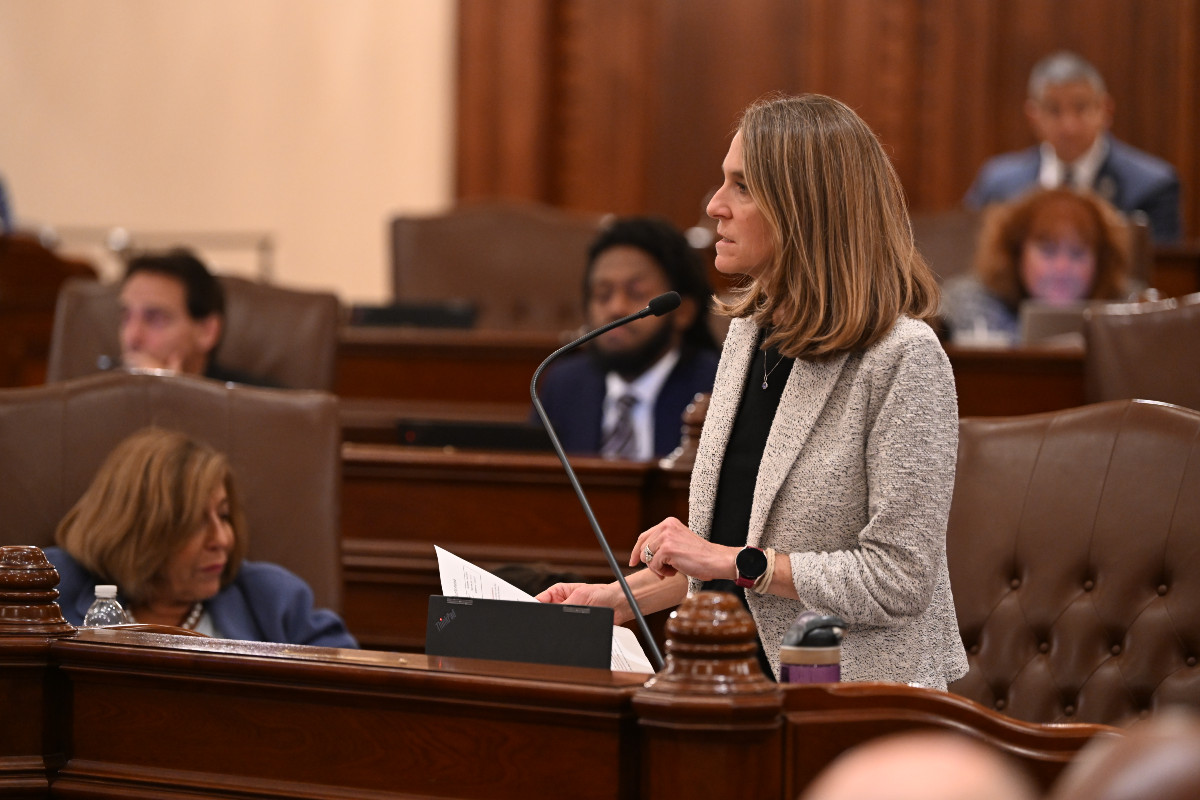 SPRINGFIELD – In order to protect community based foster care agencies from the increasing costs and the decreasing availability of liability insurance, State Senator Laura Fine passed legislation to analyze the current foster care liability insurance landscape in Illinois.
SPRINGFIELD – In order to protect community based foster care agencies from the increasing costs and the decreasing availability of liability insurance, State Senator Laura Fine passed legislation to analyze the current foster care liability insurance landscape in Illinois.
“Foster care and adoption services must maintain liability coverage to operate in the state,” said Fine (D-Glenview). “Without sustainable insurance options, these foster agencies are at risk of shutting down altogether.”
Read more: Senator Fine legislation addressing foster care liability coverage passes the Senate
Hastings insurance reform legislation passes Senate
- Details
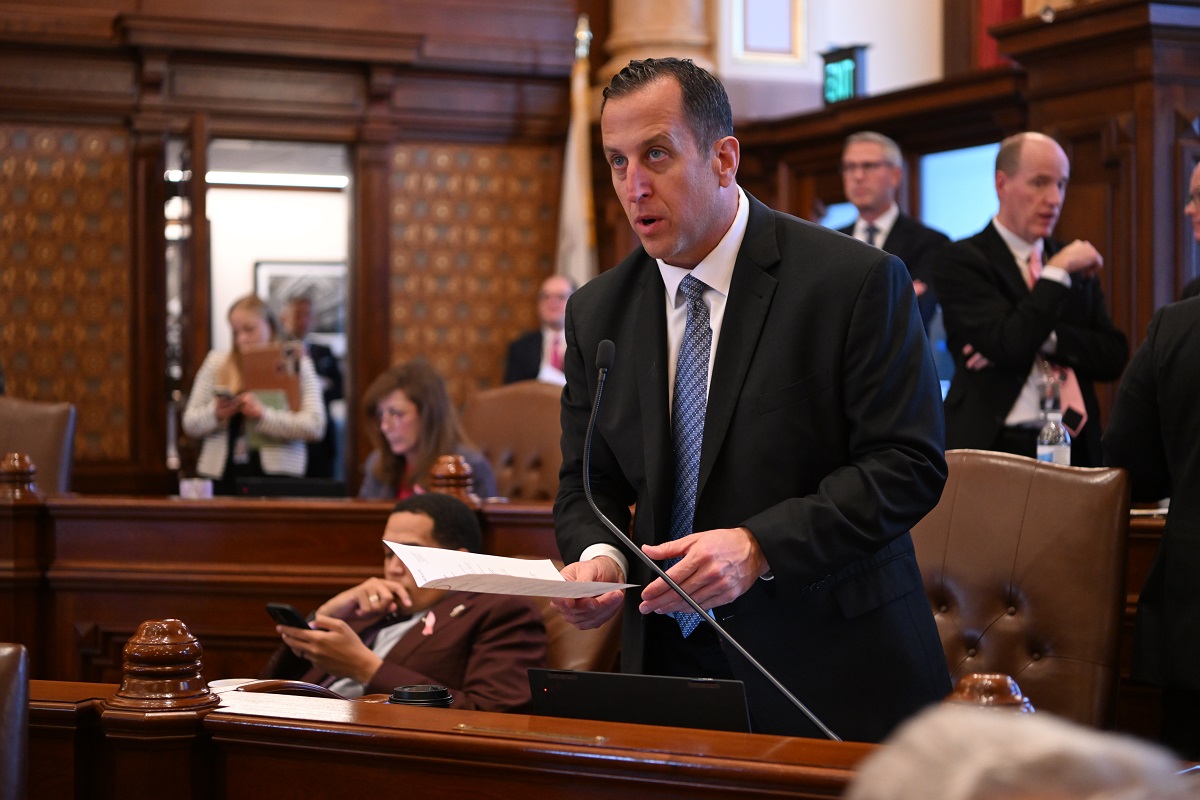 SPRINGFIELD — State Senator Michael E. Hastings advanced legislation designed to protect homeowners from excessive insurance rate increases and ensure fairness, transparency and accountability in Illinois homeowners insurance.
SPRINGFIELD — State Senator Michael E. Hastings advanced legislation designed to protect homeowners from excessive insurance rate increases and ensure fairness, transparency and accountability in Illinois homeowners insurance.
"With this legislation, we are putting fairness and accountability back into the system," said Hastings (D-Frankfort). "Here is what this means for Illinois homeowners — no more surprise renewals, no more fine print, no more ‘gotcha’ letters in the mail.”
Read more: Hastings insurance reform legislation passes Senate
Johnson champions legislation to strengthen safety and privacy protections for public officials
- Details
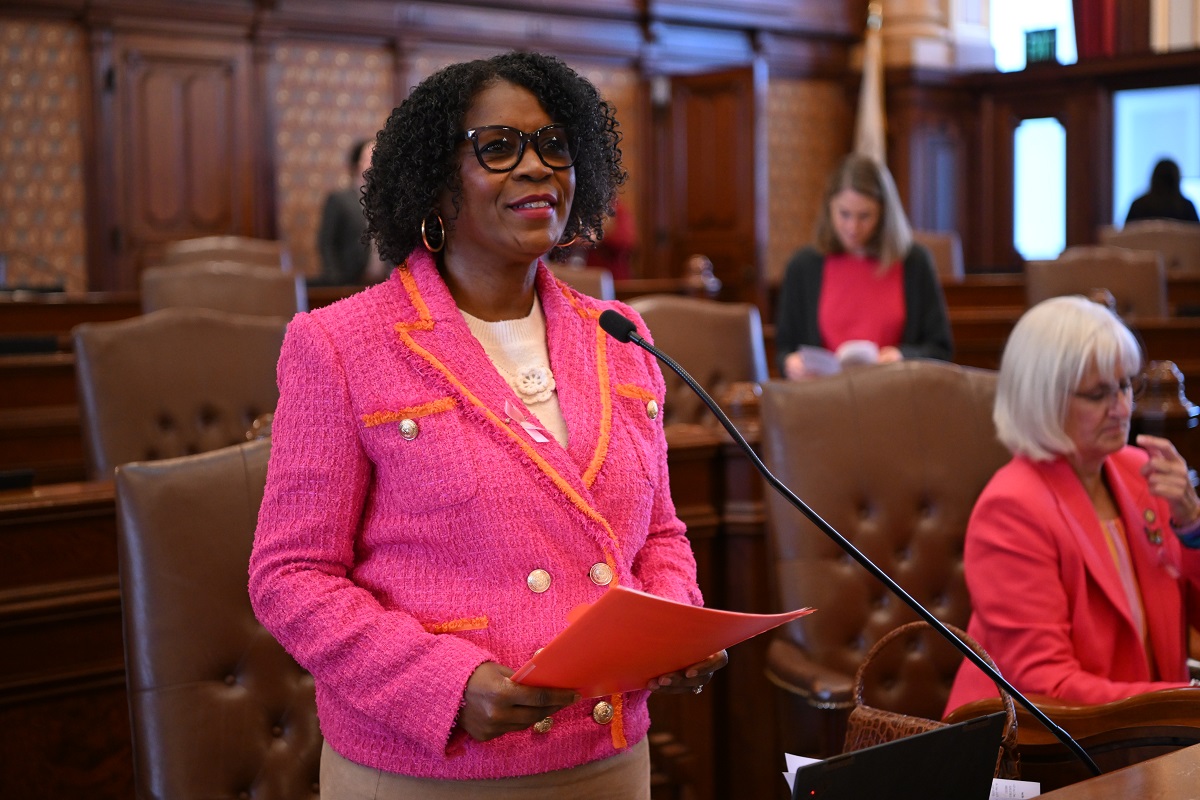 SPRINGFIELD – To better protect the safety and privacy of public officials and their families, Senator Adriane Johnson championed legislation to remove personal information from the public domain and prevent online targeting.
SPRINGFIELD – To better protect the safety and privacy of public officials and their families, Senator Adriane Johnson championed legislation to remove personal information from the public domain and prevent online targeting.
“Public service should never come with threats to personal safety,” said Johnson (D-Buffalo Grove). “We’ve seen far too many examples of harassment and intimidation directed at officials for simply doing their jobs. This measure provides common-sense protections that keep our public servants and their families safe, without compromising government transparency.”
Under the legislation, certain public officials — including members of the General Assembly, constitutional officers, State’s Attorneys, Public Defenders, county clerks, and election commissioners — will have the ability to request that their personal information – such as home addresses and phone numbers – be removed from public websites.
More Articles …
Page 16 of 743

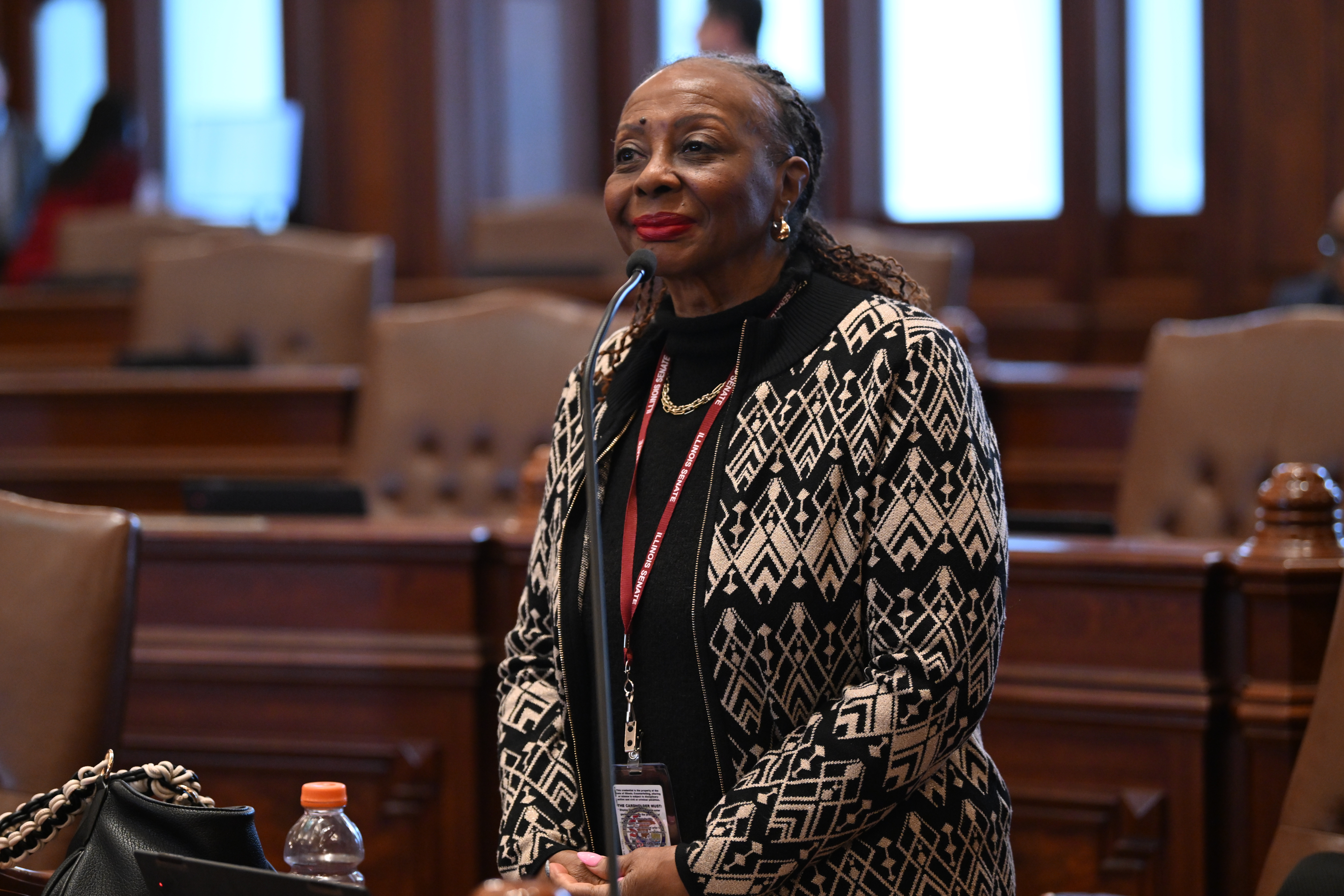
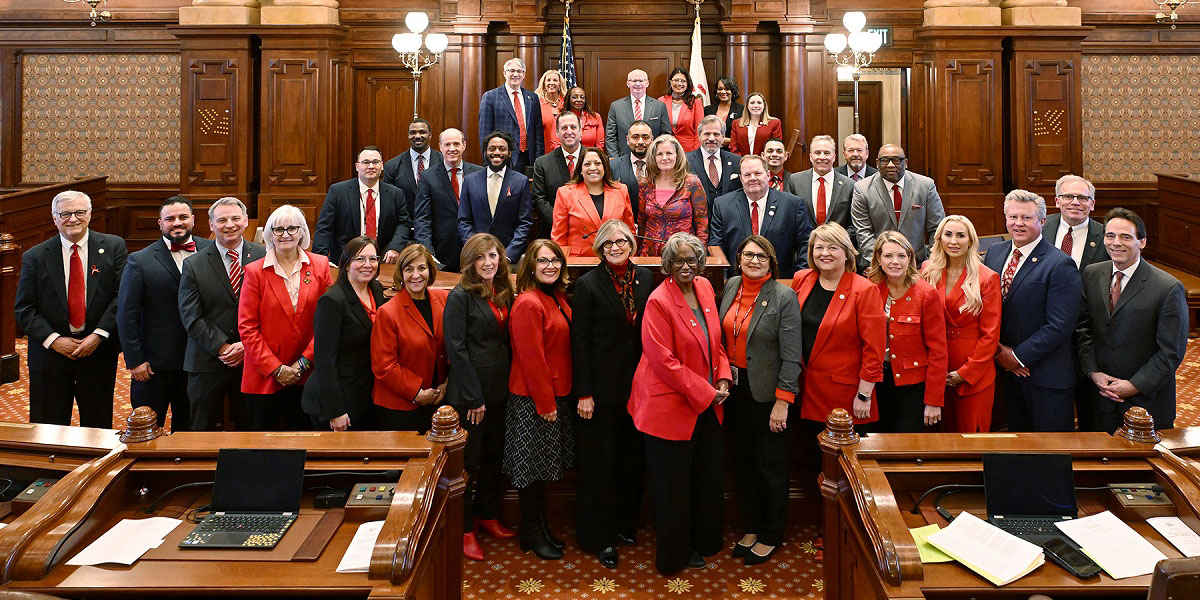
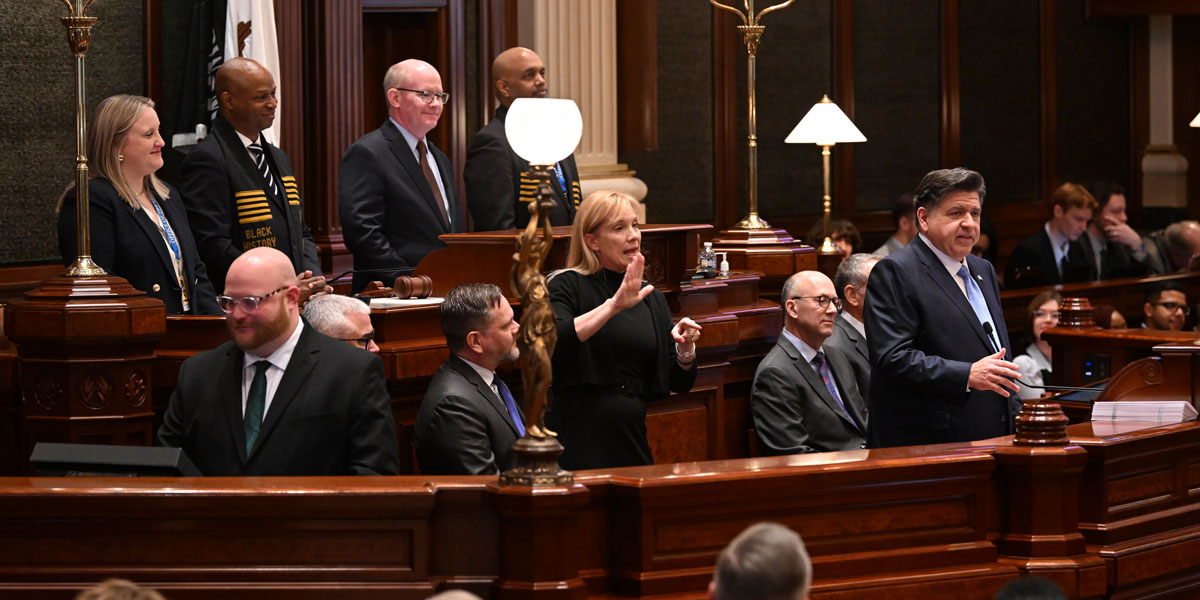

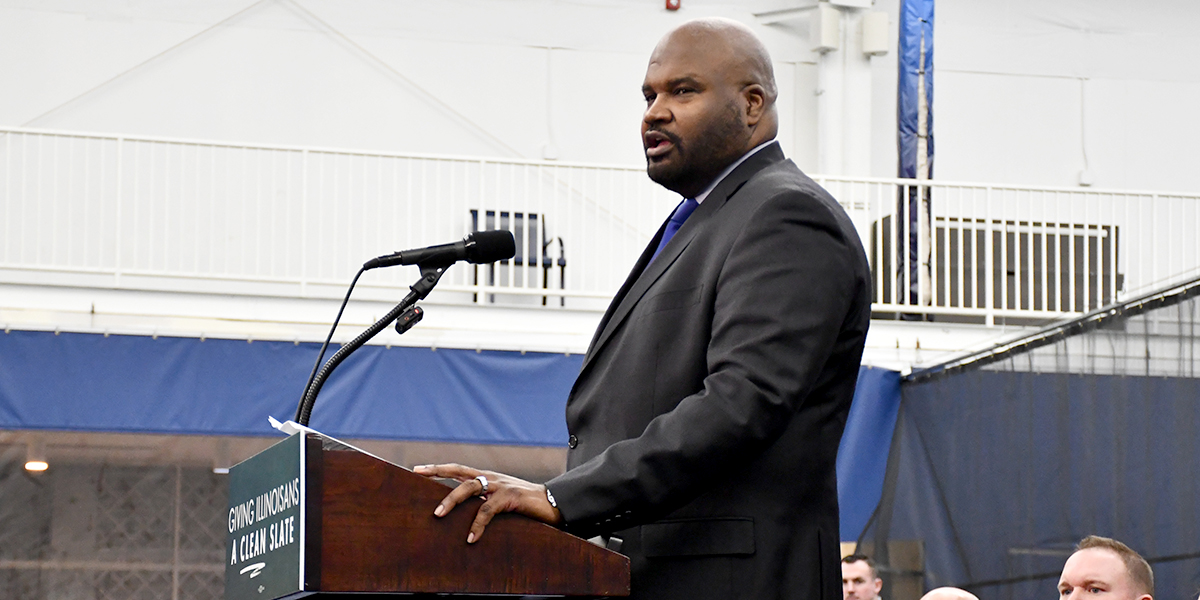


















 © 2026 Illinois Senate Democratic Caucus
© 2026 Illinois Senate Democratic Caucus